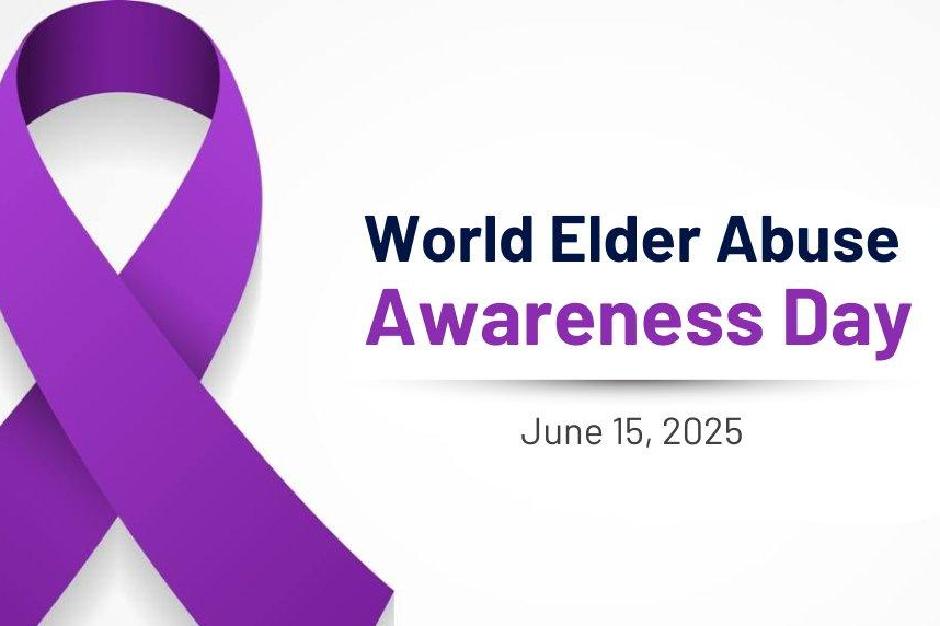June 15th marked World Elder Abuse Awareness Day, and London Police Service took the opportunity to shine a spotlight on something that hits close to home for our city. They’re making it crystal clear that protecting our elder community isn’t just a checkbox item on their to-do list—it’s a genuine priority.
The police service pointed out something pretty eye-opening about London’s demographics: our elder population is actually the fastest growing group in the city. That’s a significant shift that’s been happening right under our noses, and it’s reshaping what community safety looks like in 2025.
London Police emphasized their dedication to supporting this growing demographic through their social media channels, highlighting how their officers are actively working to address the unique challenges that seniors face. It’s not just about responding to incidents—they’re talking about proactive support and protection.
What’s particularly interesting is how the police service is approaching this issue. Rather than just making a statement and moving on, they’re actively encouraging people to reach out if they or someone they know needs help. That’s a pretty direct invitation that suggests they’re serious about being accessible to the community.
The timing of their message coincides with World Elder Abuse Awareness Day, which brings global attention to an issue that often happens behind closed doors. Elder abuse can take many forms—financial exploitation, physical harm, emotional manipulation, or neglect—and it’s something that affects families across all income levels and backgrounds.
For anyone who might need support or resources, London Police Service has compiled a comprehensive list of community resources available in the London area. The <a href=”https://bit.ly/3kxmXZv”>resource list</a> includes services ranging from crisis support and counselling to shelter and food assistance.
The police service’s focus on elder safety reflects broader demographic trends happening across Ontario. As baby boomers age and life expectancy increases, communities are having to adapt their services and support systems accordingly.
London’s approach to elder safety involves multiple community organizations working together. The resource list includes specialized services like Elder Abuse London Middlesex, the Advocacy Centre for the Elderly, and Elder Abuse Ontario, which operate alongside mental health services, legal support, and crisis intervention programs.
The police service has made it clear that protecting elder safety involves more than just law enforcement—it requires community awareness and multiple support systems working in coordination

